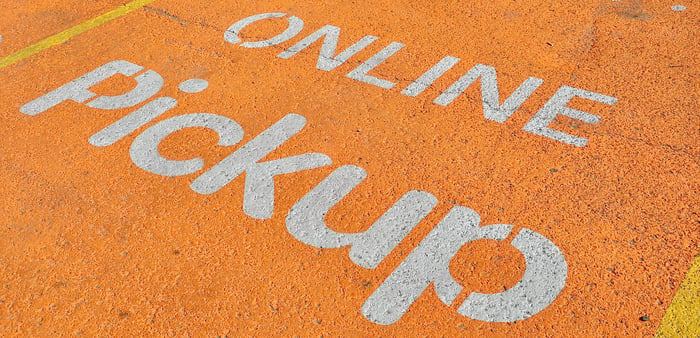The coronavirus has already impacted retail in numerous ways, and this will continue for many years to come. Indeed, some experts insist retail will never be the same again.
But the topic of sustainability in retail in relation to Covid-19 is especially interesting.
Effects of the pandemic
We have already seen a significant reduction in the amount of harmful gases in the atmosphere as a result of less international travel – which is perhaps only a temporary benefit.
We’ve inevitably seen a huge reduction in fast fashion; brands like Primark in the UK have seen sales grind to a halt. And with the fashion industry accounting for around 10% of the world’s greenhouse gas emissions, this reduction matters.
Brands are also realising the value of helping society through this crisis. The list of retailers who have started manufacturing equipment for frontline staff, adapted to support the vulnerable or made services exclusively for key workers, is long. Retailers recognize that social as well as environmental sustainability matters to customers – and that buyers will remember the brands that did the right thing.
But the biggest and most meaningful long-term change in retail sustainability almost certainly relates to e-commerce.
What the shift to online means for the planet
Online retailing was gradually eating away at offline’s share of sales. Covid-19 has made that gradual shift rapid.
Once the dust settles and the world gets to grips with the pandemic, this won’t change. Ecommerce-driven brands will have grown; bricks-and-mortar brands who survived by driving online sales will have changed forever. This will have repercussions for sustainability. Why? Because the type of shopping retailers offer affects the size of the carbon foootprint.
Carbon footprint comparison - online vs physical stores
A fascinating study by UK scientists examined the carbon footprint of three types of shopping;
- Traditional bricks and mortar – all aspects of shopping conducted offline
- Bricks and clicks (omnichannel)– items from stores are bought or reserved online then collected; or items are delivered from a physical store
- Pure play – items are bought online and fulfilled from warehouses
It concluded that pure play ecommerce had the biggest footprint – and interestingly, that bricks and clicks had the smallest footprint. Pure play ecommerce transactions were found to be a huge 81% less eco-friendly than bricks and clicks.
The significance of this is massive. Pure ecommerce retail will have grown from the coronavirus – and much of that growth will remain. And according to this study, that means that retail could become an even bigger polluter.
But there’s hope in this study, too.
Omnichannel - quick wins and reduced carbon footprint
Retailers who are able to operate a bricks and clicks model and utilise stores as collection and delivery points, should do so. When executed well, this could be a more sustainable business model.

Better still, much of the world – and especially Europe – is perfectly set up for bricks and clicks. All over Europe there are retailers with a huge physical retail presence – networks of stores waiting to be efficiently connected to online platforms. And with ecommerce penetration as low as 5% in countries like Spain and Italy, the opportunity for change is enormous.
Cleaner transportation methods are vital, regardless of whether retailers operate a click and collect model or pure-play ecommerce. From bicycles in urban areas to electric vehicles elsewhere, we’re all familiar with the huge potential for last-mile innovation.
Why data is key
But more fundamental to all of this is data – or more specifically, how it is used. In countries like the US, China and the UK where click and collect services are more advanced, major retailers build their business models around data. Argos in the UK and Nordstrom in the US shape their websites, and their physical spaces, around data.
And once data and AI is fully immersed into a retailer’s inventory, stock and supply chain efficiency can be transformed. This not only allow bricks and clicks to blossom, but overall waste to be drastically reduced.
With better use of data and therefore more efficiency, a world with more online retail could actually be a world with a smaller environmental footprint.









